Featured Finding
Journal of American College Health. NIHMSID: NIHMS2047866.
Ongoing Studies
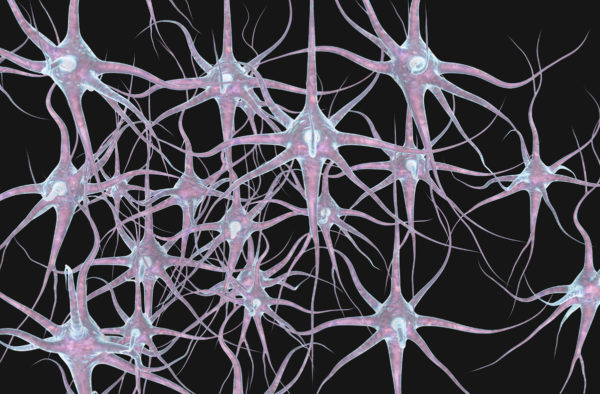 Cognitive Control and the Regulation of Emotion, Attention and Pain
Cognitive Control and the Regulation of Emotion, Attention and Pain
Are people who are better at controlling their attention, emotion or pain responses in a laboratory setting more successful at carrying that skill into daily life?
 Developing a Program to Learn and Measure Well-Being at Scale
Developing a Program to Learn and Measure Well-Being at Scale
In collaboration with Healthy Minds Innovations, this project strives to learn how to teach and measure well-being to scale
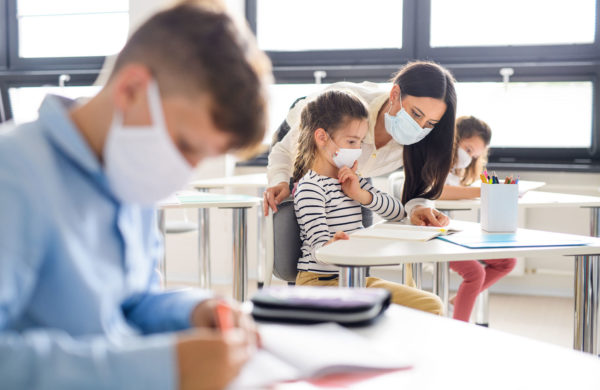 Educator Well-Being During the COVID-19 Pandemic
Educator Well-Being During the COVID-19 Pandemic
Understanding how the COVID-19 pandemic is affecting educators’ lives and whether a mindfulness-based program buffers against the negative effects of stress.
 Evaluating the Healthy Minds Program Application in a Fully Remote Randomized Controlled Trial
Evaluating the Healthy Minds Program Application in a Fully Remote Randomized Controlled Trial
Exploring whether meditation training via mobile technology (e.g., smartphones) could dramatically increase access to potentially beneficial practices.
 Examining Individual Differences in Contemplative Practice Response
Examining Individual Differences in Contemplative Practice Response
This study seeks to build upon knowledge from Tibetan medicine through examining well-being data and microbiome measures on a variety of people with varying levels of meditation training who have participated in previous intervention studies to gain a better understanding of what works for whom and why.
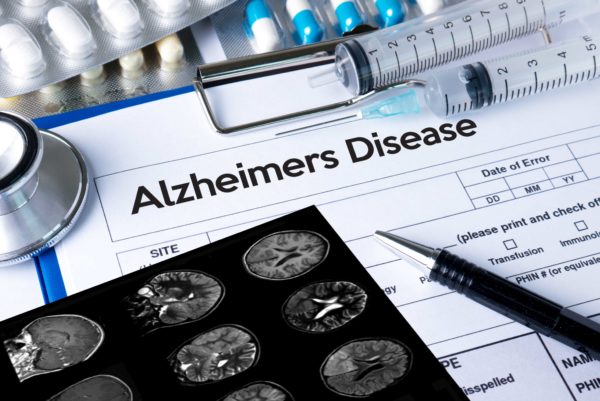 Examining the Relationship Between Emotion and Preclinical Alzheimer’s Disease
Examining the Relationship Between Emotion and Preclinical Alzheimer’s Disease
Center for Healthy Minds researchers are examining how emotion may play a role in the development of Alzheimer’s Disease.
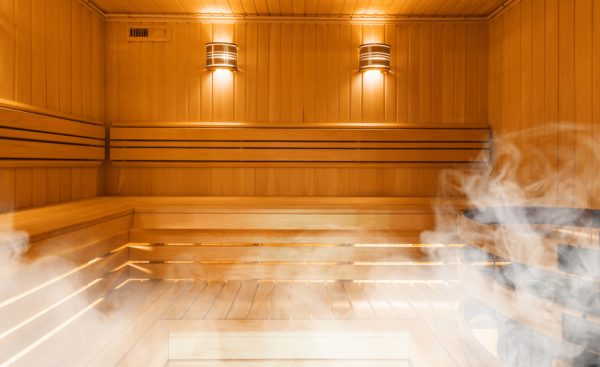 Exploring Hyperthermia as an Alternative Treatment for Depression
Exploring Hyperthermia as an Alternative Treatment for Depression
Is hyperthermia a viable and effective treatment for depression?
 Exploring the Effects of Mindfulness Training on Police Officer Resilience and Well-Being
Exploring the Effects of Mindfulness Training on Police Officer Resilience and Well-Being
The goals of this work are to understand the impact of mindfulness training on police officer well-being and the well-being of people negatively affected by policing.
 Healthy Minds Program Promoting Resilience During the COVID-19 Pandemic
Healthy Minds Program Promoting Resilience During the COVID-19 Pandemic
Seeking to understand whether large-scale interventions such as the Healthy Minds Program may have a protective effect against stress and mental health challenges during the COVID-19 pandemic.
 Impact of Experiential Curricula and Methods to Nurture Well-Being
Impact of Experiential Curricula and Methods to Nurture Well-Being
Center experts are developing assessments and tools that examine ways to cultivate well-being across a variety of people and contexts.
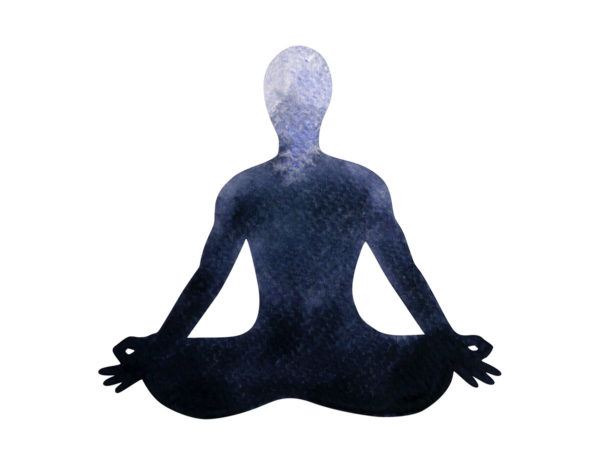 Large-Scale Analyses of the Effectiveness of Mindfulness-Based Interventions
Large-Scale Analyses of the Effectiveness of Mindfulness-Based Interventions
Examining the effectiveness of mindfulness-based interventions across research literature
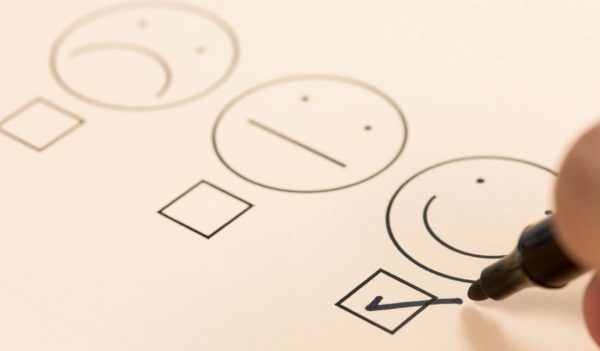 Measuring Well-Being
Measuring Well-Being
Center researchers are developing a program to teach scientifically-informed practices and principles that facilitate well-being.
 Midlife Development in the United States
Midlife Development in the United States
Our scientists examine how individual differences in emotional reactivity and recovery to emotional stimuli, brain structure and patterns of brain activity are related to life experiences, personality, behavior, health and well-being across the adult lifespan in a large national longitudinal sample.
 Mindfulness-Based Training and Well-Being During the COVID-19 Pandemic
Mindfulness-Based Training and Well-Being During the COVID-19 Pandemic
Examining whether experience with mindfulness-based programs and training is helping people cope with daily stress and mental challenges during the COVID-19 pandemic.
 Pre-Service Teachers Project
Pre-Service Teachers Project
Center researchers are investigating possible ways to prevent teacher burnout in the classroom.
 Predicting the Effectiveness of Therapists
Predicting the Effectiveness of Therapists
Examining how therapist differences impact client outcomes
 Smiling Faces Task and Responses to the COVID-19 Pandemic
Smiling Faces Task and Responses to the COVID-19 Pandemic
Following up with past research participants about the pandemic's impact on their lives and their current psychological outlook.
 Student Flourishing During the COVID-19 Pandemic
Student Flourishing During the COVID-19 Pandemic
Determining whether there are protective effects of learning well-being skills on stress during crises.
 The Field Study of Long-term Meditation Practitioners and the Tukdam Post-death Meditative State
The Field Study of Long-term Meditation Practitioners and the Tukdam Post-death Meditative State
A global community of field researchers are collaborating on a study of an ancient monastic post-mortem meditative state known as tukdam, practiced by present-day expert Tibetan Buddhists and how such a practice might offer insight into mental, spiritual, and physical well-being during the death process, both for the dying and for their support community.
 The Student Flourishing Initiative
The Student Flourishing Initiative
Center for Healthy Minds researchers, along with partners at Pennsylvania State University and the University of Virginia, are creating and studying the impact of a well-being curriculum for college freshman.
 Understanding Barriers to Well-Being in Veterans
Understanding Barriers to Well-Being in Veterans
Evaluating how organizations serving veterans impacted mental health treatment engagement
 Understanding the Mechanisms of Well-Being Training in Adults with and without Asthma
Understanding the Mechanisms of Well-Being Training in Adults with and without Asthma
Center scientists and collaborators examine the impact of well-being training.

